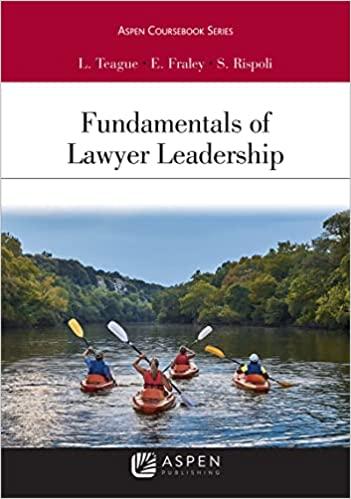Problem 1: Mr Groenewald of Humansdorp is missing. His wife suspects that he has been murdered She contacts you to try find him. You suspect that your acquaintance, Piet, a car mechanic is involved. You contact him and ask him whether he knows anything. Piet informs you that the police are at his door. He hasn't told you anything over the phone except to ask you whether he should co-operate fully with the police. Problem 2: Two clients of your firm, namely, W and D want to conclude a deed of sale with each other. They ask you to draw up the deed of sale. In particular, they want you to draft a clause in the agreement to the effect that the purchase price will be payable to the purchaser D upon registration of transfer (to be registered by your law firm). They insist that they want you to act for them in this matter. W, in the meantime, wants you to register a bond over the property that he is in the process of selling to D, prior to the registration. Discuss what you should do in the circumstances with reference to any conduct rules or case law which govern the matter. Problem 3: One of the biggest law firms in South Africa (Clifford&:Laters) merges with another medium-sized law firm (Braund Major). You are a director at the CL. It is clear that CL and BM represent clients who are litigating against each other or have conflicting interests in the commercial sphere. In a meeting of the directors, the following proposal is made to the directors to resolve the apparent conflict of interests: The new law firm will rely on the so-called 'chinese walls approach. This involves establishing procedures to prevent information in the possession of one practitioner from being communicated to other practitioners in the same office - quarantining legal practitioners who have dealt with client X from those practitioners who are now dealing with client Y. This proposal will resolve any conflict of interests because the firm can guarantee that, in following the above procedures, no confidential information from X will be used in acting for Y. In these circumstances, it is argued that it would not be improper for the law firm to accept a retainer from both X and Y







